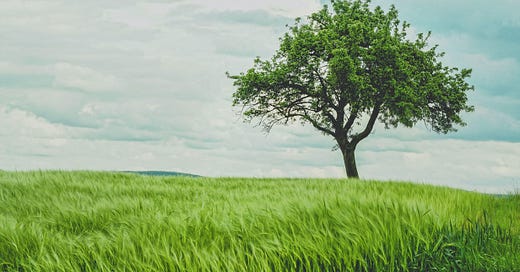As I shared in an earlier post on trains, travel was an integral part of our summer lives. While trains were part of some summers, most involved car trips. Just like in the US, driving was convenient for many destinations.
Our favorite trips were the 10-14 hour drives from Hyderabad to Bangalore.
Note: This has now been reduced to 8 hours, thanks to the …
Keep reading with a 7-day free trial
Subscribe to helloIndia! to keep reading this post and get 7 days of free access to the full post archives.



